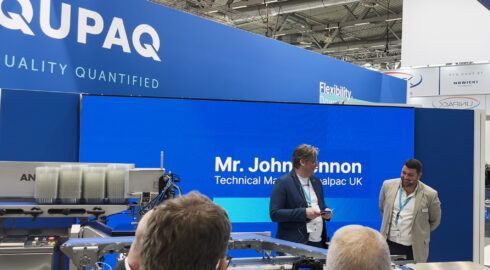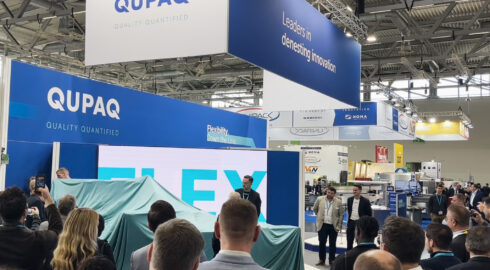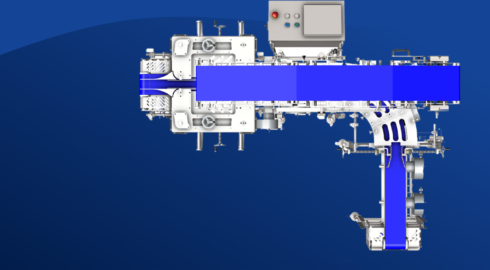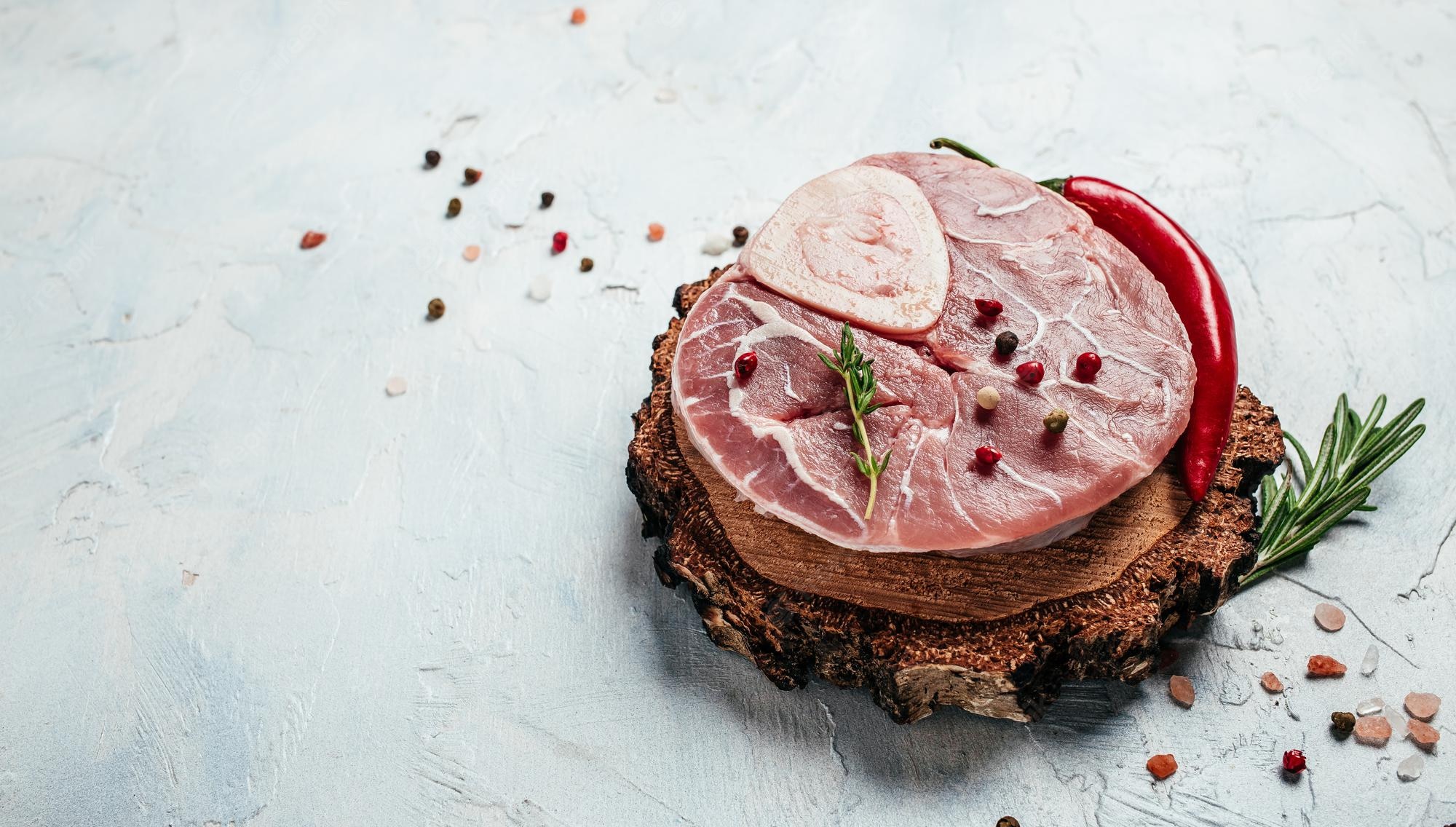
Let Them Eat Cake
Maybe we are about to reach the tipping point of livestock production, where we simply cannot output more without inflicting to much damage on the planet for future generations.
Let Them Eat Cake
This famous quote from the 17th or 18th century was said when ‘a great Princess’ tried to solve the starvation crisis among the French peasants. The arrogance implied is vast. Now we face a world-wide food crisis, and we should be better informed and investigate more data, to solve the challenges to the best of our ability.
Sometimes we have to remind ourselves that the world we live in isn’t always logical. In both US and Europe there are reports of significant declines in livestock. In EU the pig population have dropped 5% since 2021. Several US states have seen declines in cattles up to 50%. Of course, the decline isn’t by choice.
Much attention is paid towards the environment. We can’t centralize food production in one part of the world alone and then export the goods. It just won’t work – the emission levels become too high, the energy cost for transport will keep pushing inflation upwards and, in the end, lower the consumer demand.
On the other hand, there are parts of the world that are no longer suited for breeding livestock at the scale needed. Animals have to eat but draughts are challenging the ecosystem. So even if we wanted to decentralize production even more, there are chasms that just can be bridged.
Maybe we are about to reach the tipping point of livestock production, where we simply cannot output more without inflicting to much damage on the planet for future generations.
Also read: Is Food Production Getting Leaner?
If so, maybe that was the starting point for an entire new industry focusing on other protein types to replace or complement our meat-based food products? Many new startups are coming to light and plant-based protein products show up everywhere. Even the fast-food industry is turning in that direction, perhaps to secure their supply chain and business as a whole.
We may have many perspectives on this. But data should lead the way. Is the world ready for plant-based protein products?
When Inflation Increase, Meat Consumption Increases…!
Attest – a consumer research platform – recently released a report on how inflation is affecting grocery spending. They conducted their research among 2.000 working-age americans to identify changes in behavior of interest.
Most of the report is pretty logical. People buy cheaper brands, food of less quality, less food entirely and shop more discount. This is a natural consequence of a high level of inflation.
Green eco-friendly products are deselected (and we could discuss how eco-friendly an avocado really is!) as price have become more important – down from 30% to 25,3%. This will in time only support the inflation even further. People must turn to other alternatives to support a steady flow of food products without disruptions.
The most interesting take away from the report is that meat consumption has increased! Plant-based diets decreases. Considering how expensive meat have become this seems highly illogical. People describing themselves as ‘meat-eaters’ have gone up from 63.5% in 2021 to 72.6% in 2022.
The report concludes that people are not adopting to meat-free diets – they use plant-based foods as a compliment. The market increase – from $5.5bn in 2019 to $7bn in 2022 – is not growth. It is population increase and inflation of prices.
But we have to pursue other sources of protein. We just have to. But if the world is not ready for it, we have to rethink the supply chain in meat-based food production – from the farmer to the factory – and decentralize more, keep emission levels low so the climate can sustain a steady flow of products.
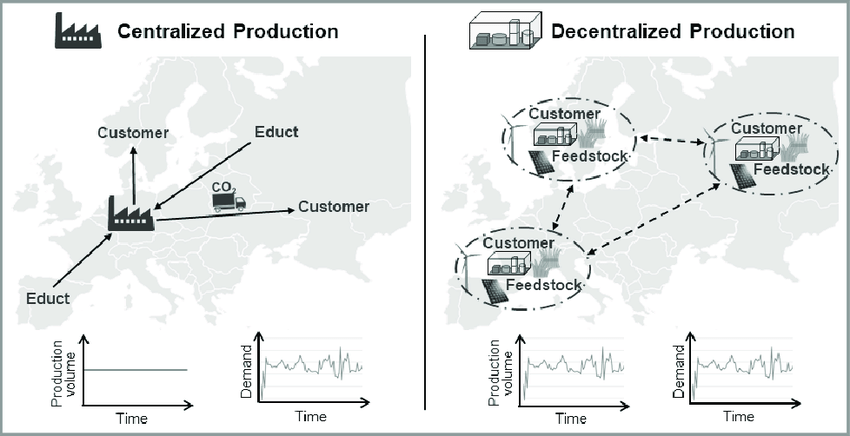
Food production could be decentralized even further. These new smaller production facilities could be small enough to move around to the best spot in the supply chain at any given time. ‘High Capacity’ may not be the goal of the future in comparison with ‘High Flexibility’.
Decentralization is also a challenge. A production plant usually upgrades their equipment to run at a higher capacity. But instead of upgrading we should be evolving and consider the possibility, that it is better to have 4 plants running at 250ppm than one big plant running at 1000ppm, if the 4 plants can be located closer to the supply chain. Emission costs, energy costs, transportation costs, labor costs… they have to be more agile to adapt to the future ahead. A centralized plant will be in risk of disruption.
The technology today has become extremely good. QUPAQs denesting, loading and handling equipment comes in all sizes and can be adapted to many different uses, products and layouts. Flexibility is key when designing production lines for the future. If there is a decline in livestock to come that a plant is 100% fully dependent on, the line is forced to run at a lower capacity. But the line should be able to support other types of products, otherwise it will inflict too much damage on the ROI.
Designing new and smaller fully automated production facilities could be an answer to help ensure we can still have livestock in the western world. And those doing it may have positioned themselves stronger in the competition to come. It will not happen overnight – it is a slow process accommodating for the times to come. And the solution may be something we haven’t seen yet.
Right now, we must find the right path for the industry. With the news and report coming it documents we are currently on the wrong path. We must learn, discuss and find the solutions.
We can’t all eat cake. More prefer meat anyway it seems.
Sources:
https://euromeatnews.com/Article-Reductions-in-pig-and-bovine-populations-in-the-EU/5750
https://www.rethinkx.com/food-and-agriculture
https://www.zerohedge.com/geopolitical/list-33-things-we-know-about-coming-food-shortages
https://www.askattest.com/reports-guides/us-fb-report-2022



